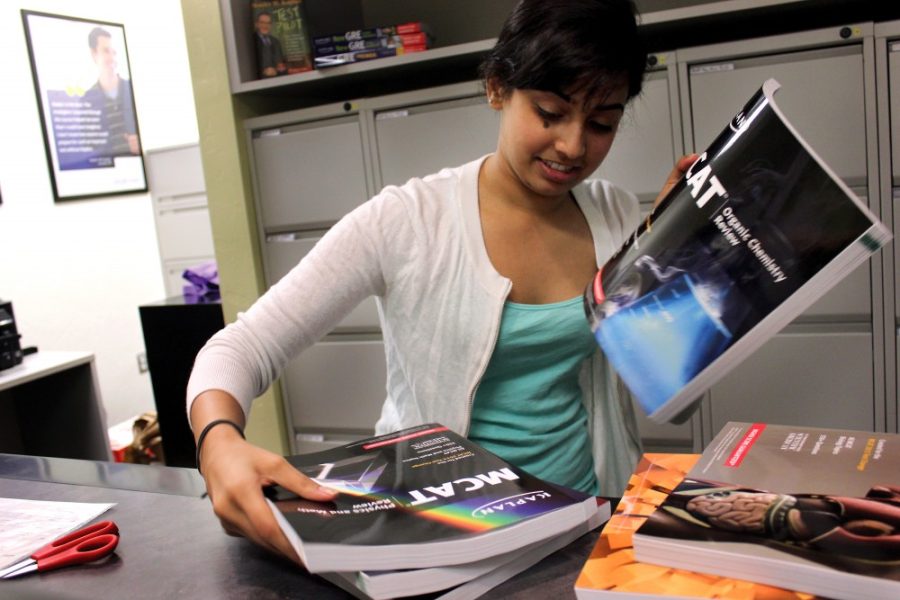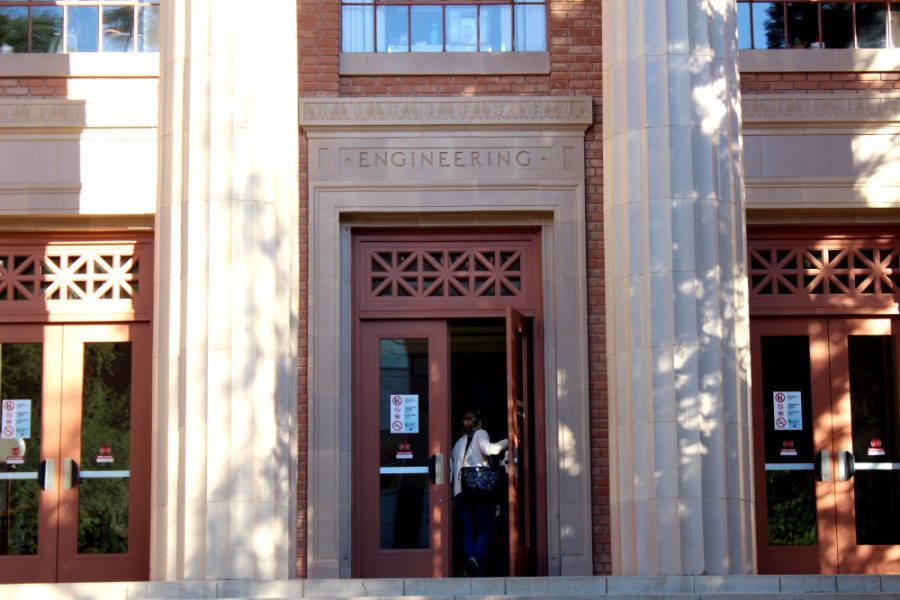The AAMC has made significant changes to the MCAT effective in 2015.
The Association of American Medical Colleges appointed the MR5 Advisory Committee to review the Medical College Admission Test, adding a new section to the test on social and behavioral sciences.
Stephanie Rollins, a pre-health professions advising coordinator, said that the last time the MCAT saw a change was in 2013, when the writing sample section was removed.
The current version of the exam has been in use for 23 years and the new version is predicted to be in use for 15 years, according to the AAMC website.
“The [MR5] committee was tasked with reviewing the MCAT exam and recommending changes that are likely to increase the exam’s value to medical school admissions committees and examinees,” said a statement on the AAMC website.
Rollins has been informing students who plan on taking the MCAT about the changes for the past two summers and in previous orientations.
Emily Bell, assistant manager at the UA Kaplan Center, said the additional subjects to the new MCAT — psychology, sociology and biochemistry — have made the test a seven-and-a-half-hour test, instead of the previous four-hour test.
Rollins said that because of the addition of the social and behavioral sciences section, pre-medical student course requirements have also changed. Students are now required to take a psychology course.
“I checked campus-wide, all the different colleges [and] all the different departments, and asked for their input on what courses would cover these competencies,” Rollins said.
Raymond Runyan, a professor of cellular and molecular medicine, said that the changes could prove to be more stressful to MCAT applicants.
“[It will have] only subtle effects on the final medical student population,” Runyan said.
The old version of the exam will continue to run until January 2015. No tests are administered in February, and the new version will be offered in either March or April, according to Bell.
Bell said he believes that the Arizona test dates for the older version of the exam are booked through January, and that students who want to take the older version will have to take it in a different state. Kous Kondapalli, neuroscience junior, said he is planning to take the MCAT in May of 2015, which means he will have to take the newer version of the test. Kondapalli said he thinks the AAMC is making the MCAT unnecessarily more difficult.
“I want to be prepared for the upcoming competition,” Kondapalli said.
The UA Kaplan Center is offering a free practice test for both the current and the 2015 MCAT during the weekend of Oct. 3.
“We will probably lose a few students that were better at just memorizing facts, and we’ll pick up a few more students with strong reasoning skills and research experience,” Runyan said. “The psychology and sociology aspects will probably help diversify the student body a bit as well.”
Runyan said that he likes the idea of social and behavioral sciences receiving an increased emphasis on the exam, but from his experience as a scientist, the current population of students in the medical field already do well in this area of study.
“Really, it’s an acknowledgement that medicine is not just science,” Rollins said. “You know you can’t be the world’s best scientist and automatically be a great doctor. You have to have good people skills as well, and so understanding why people do the things they do and so on is really critical to doing well as a physician.”
_______________
Follow Jocelyn Valencia on Twitter @_JocelynV_









